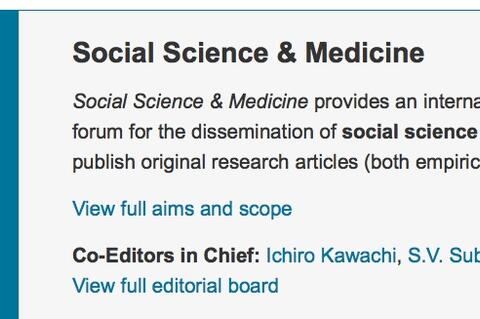1 minute
Adoption of oral rehydration therapy among Haitian mothers

Abstract
The paper reports findings from a study of mothers' knowledge and use of oral rehydration therapy (ORT) for childhood diarrhea in a mixed urban and rural population in Haiti. From the perspectives of the adoption of a medical innovation and the decision to use it in various situations, we assessed the differential exposure to information about the treatment and identified sociocultural factors which predict ORT knowledge, utilization, and choice between alternative methods of preparation (packaged mix versus home recipe). Three hundred and twenty mothers and caretakers of preschool children were given a questionnaire to compare respondent characteristics and attributes of recent episodes of child diarrhea in relation to knowledge and use of ORT. The data were analyzed with multiple regression techniques to determine which factors had independent effects on 6 outcome variables. Significant effects were found for urban/rural residence; literacy; economic position; use of medical services; conjugal status; and the explanatory model of the effect of ORT. No characteristics of diarrheal episodes had predictive effects in the multivariate analyses.
